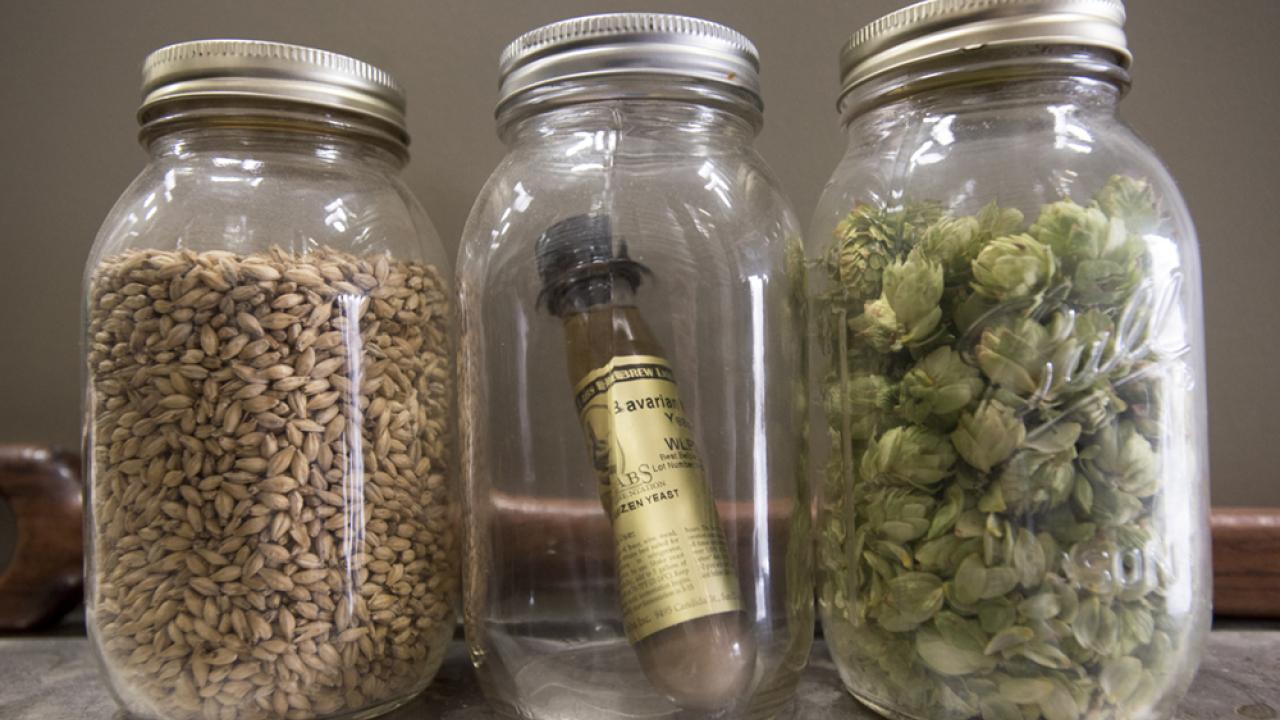
3 Reasons Why Malt is Important to Brewing
Beer is made from four main ingredients: water, malt, hops and yeast. Of those four ingredients, malt is perhaps the most important, as it contributes to many of the sensory attributes of beer. However, malt can be a somewhat overlooked ingredient in the brewing process. So, we reached out to Glen Fox, the Anheuser-Busch Endowed Professor of Malting & Brewing Science at UC Davis, to find out just how important this ingredient really is.

1. The color, flavor and foam properties of your beer depend on it.
The first thing you see when you look at a glass of beer is the color. The color of beer comes mostly from the malt. The base malt gives you a light amber color and adding more colored malts gives you deeper, darker colors. These colored malts contribute to some roasted, chocolate or caramel flavors. Malt also has proteins, which are responsible for beer foam properties. Pour your beer in a clean glass, to truly appreciate these foam properties.
2. Malt provides the sugars for fermentation.
Malt contributes the sugars necessary for fermentation. While you can also get sugars from some adjuncts such as rice or corn, most of the sugars are from the malt. A residual sweetness from malt also adds to the mouthfeel of beer.
Take a Free Sample Lesson
Sign up for a sample lesson from our Online Master Brewers Certificate Program to learn more about barley and how it pertains to malting and the brewing process.
3. Malt contributes to the health aspect of beer.
Malt is a grain product and some of the polyphenols from the starting grain (typically barley, but also wheat and rye) survive through to beer and contribute to health. Malt has a broad profile of minerals and vitamins that are maintained during the brewing process, including vitamin B and silica, which are much higher in beer than in wine or any spirits.
- Related article: Instructor Spotlight: Glen Fox
